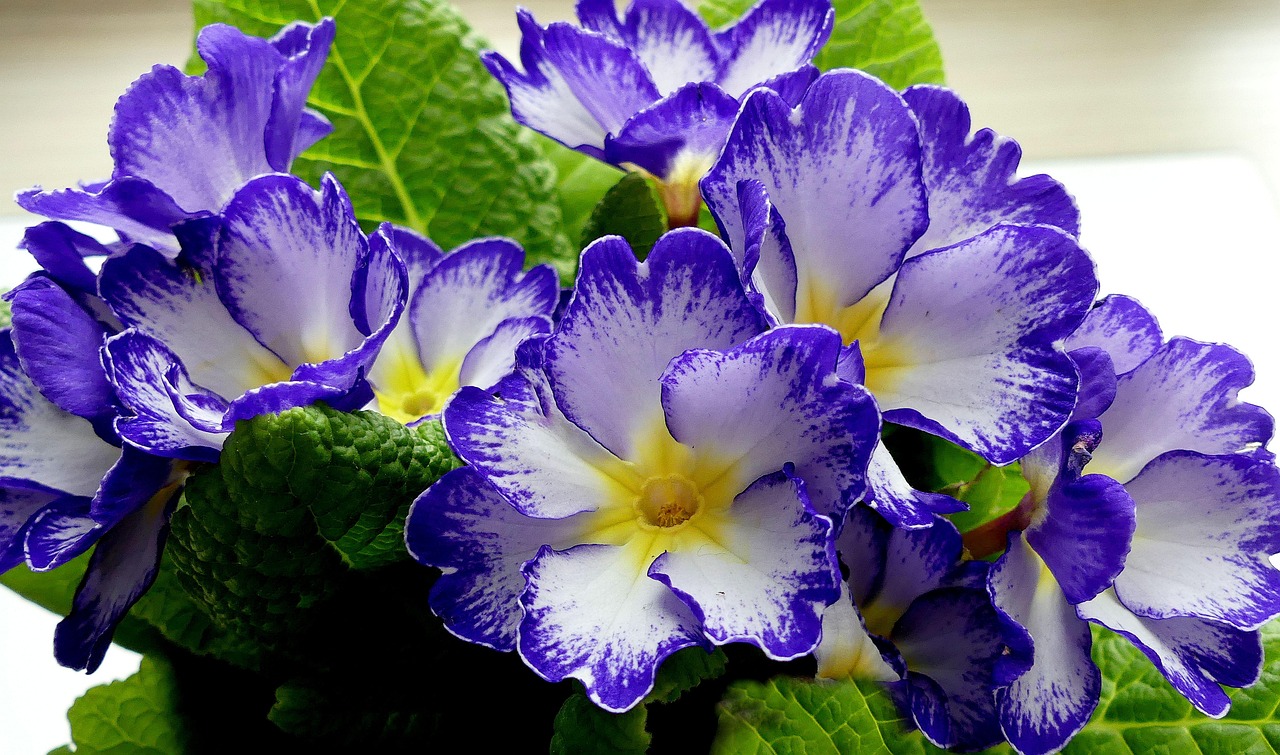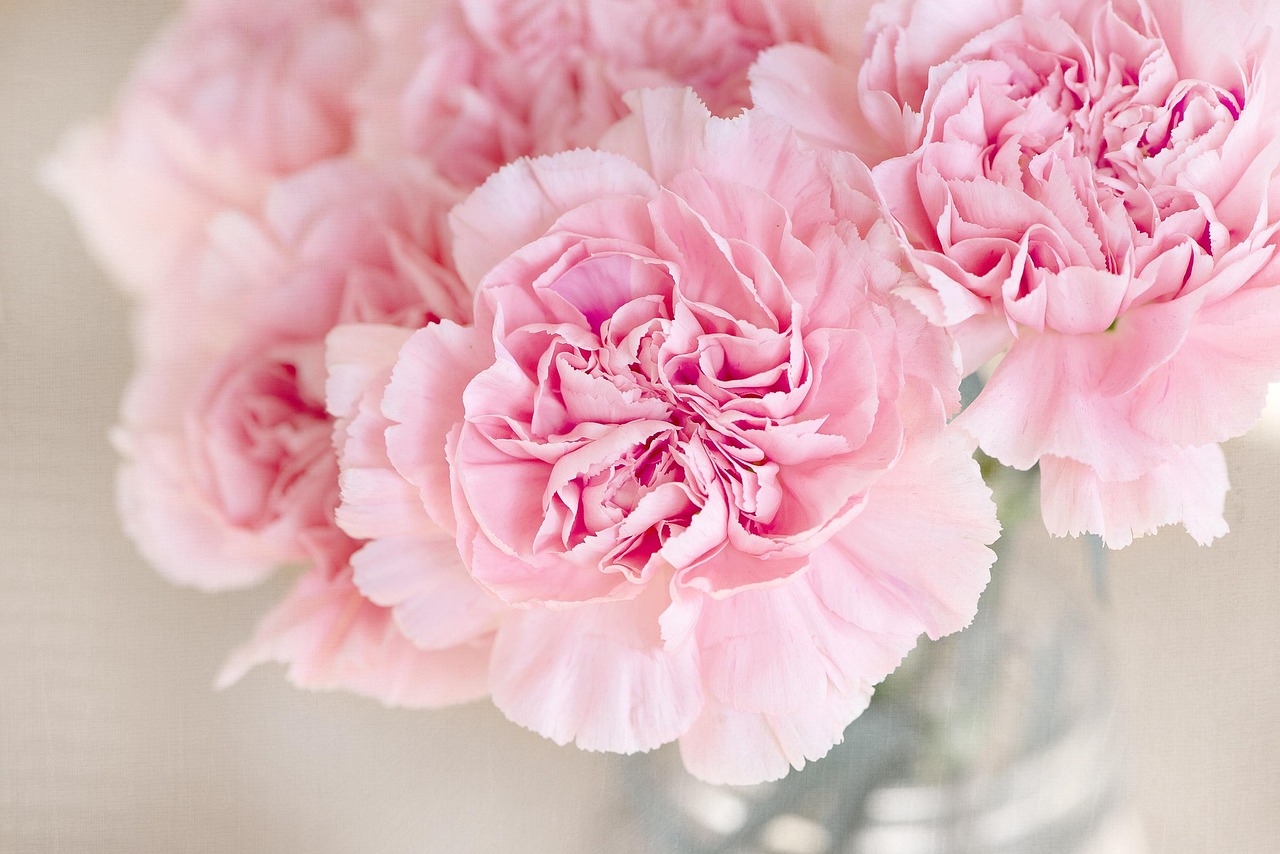Flowers on Mother’s Day
Flowers on Mother’s Day: Mother’s Day is a special occasion dedicated to honouring and celebrating mothers and maternal figures worldwide. One of the most enduring and beloved traditions associated with this holiday is the gifting of flowers. The practice of giving flowers on Mother’s Day is deeply rooted in history, culture, and symbolism, making it a meaningful and cherished gesture. But why exactly have flowers become synonymous with this day? To understand this tradition, it is essential to explore its historical origins, cultural significance, and the emotions flowers convey.
The Historical Roots of Mother’s Day and Flowers
The tradition of honouring mothers dates back to ancient civilizations. The ancient Greeks and Romans celebrated maternal figures through festivals dedicated to goddesses such as Rhea and Cybele, who were seen as motherly deities. These festivals often included offerings of flowers, fruits, and other symbolic gifts as tokens of appreciation and reverence.
In early Christianity, a tradition known as “Mothering Sunday” emerged in England during the 16th century. This day was observed on the fourth Sunday of Lent, when people would return to their “mother church” for a special service. Over time, this tradition evolved into a broader celebration of motherhood. During these visits, children would often pick wildflowers along the way to present to their mothers, reinforcing the connection between flowers and maternal appreciation.
The modern Mother’s Day holiday, as we know it today, originated in the United States in the early 20th century. Anna Jarvis, often credited as the founder of Mother’s Day, campaigned for a national holiday to honour mothers after the passing of her own mother in 1905. She envisioned the holiday as a time for personal and heartfelt expressions of love. In 1914, President Woodrow Wilson officially declared the second Sunday of May as Mother’s Day. Anna Jarvis herself encouraged the wearing and gifting of white carnations, her mother’s favourite flower, as a symbol of purity, love, and endurance. This set the precedent for flowers as a central part of Mother’s Day celebrations.
Cultural and Symbolic Significance of Flowers
Flowers have long been associated with various emotions and meanings, making them ideal gifts for expressing love and appreciation. Different flowers carry distinct symbolic meanings, and their natural beauty and fragrance make them a universal expression of affection. For Mother’s Day, certain flowers have become particularly popular due to their symbolism:
- Carnations: The official flower of Mother’s Day, carnations represent a mother’s undying love and admiration. White carnations symbolize purity and remembrance, while pink carnations are often associated with gratitude and maternal affection.
- Roses: Often linked with romantic love, roses are also a popular choice for Mother’s Day. Pink roses symbolize grace and appreciation, while yellow roses represent joy and friendship.
- Lilies: White lilies symbolize purity and devotion, qualities often attributed to mothers. They are also commonly associated with renewal and motherhood.
- Tulips: These flowers symbolize warmth, comfort, and deep love, making them an excellent choice for Mother’s Day bouquets.
- Orchids: Orchids represent beauty, strength, and love—qualities that align with the admiration people hold for their mothers.
The variety and meaning behind different flowers allow for personalized expressions of love and gratitude, making them a fitting tribute to mothers worldwide.
Psychological and Emotional Impact of Flowers
Flowers have a profound effect on emotions and well-being. Studies in psychology and behavioural science suggest that flowers can boost mood, reduce stress, and create a sense of happiness and comfort. Their vibrant colours, natural fragrance, and delicate beauty have a calming and uplifting effect, making them a thoughtful gift for Mother’s Day.
Additionally, flowers serve as a visual reminder of love and appreciation. Unlike material gifts that may be tucked away or forgotten, flowers take a central place in homes, brightening spaces and serving as a constant expression of gratitude. The transient nature of flowers also makes them special; their fleeting beauty emphasizes the importance of cherishing moments with loved ones.
The Tradition in Modern Times
Today, the tradition of giving flowers on Mother’s Day continues to be widely practiced across the globe. The flower industry sees a significant surge in demand around this time, with florists and retailers offering elaborate arrangements and bouquets specifically designed for the occasion. The convenience of online flower delivery services has also made it easier for people to send flowers to their mothers, even from afar.
In some cultures, the tradition extends beyond just mothers to include grandmothers, aunts, and other maternal figures. The practice of giving flowers has also evolved to incorporate eco-friendly and sustainable choices, with many opting for locally sourced and seasonal blooms.
Conclusion
The tradition of giving flowers on Mother’s Day is deeply rooted in history, symbolism, and emotional expression. From ancient customs to modern celebrations, flowers have remained a timeless and cherished way to honour mothers. Their beauty, fragrance, and meaningful symbolism make them an ideal gift, reflecting love, gratitude, and admiration. As the tradition continues to evolve, the simple act of giving flowers remains a powerful way to express appreciation for the extraordinary role that mothers play in our lives.



